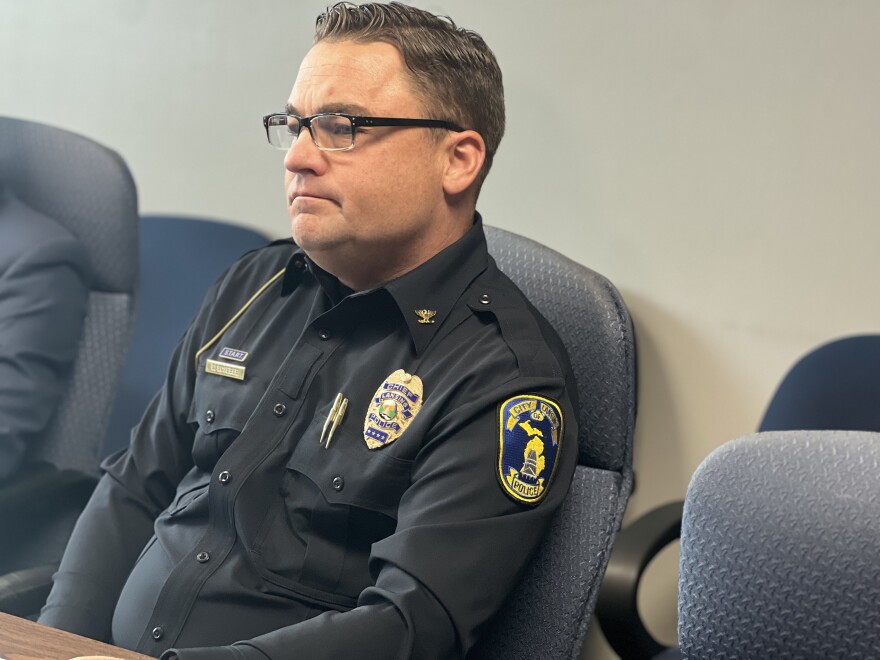Lansing officials want local governments to have more authority over firearms.
City leaders and law enforcement are advocating to change Michigan law to allow municipalities to craft their own policies around guns. The proposals seek to expand local penalties for gun owners if their firearms are used in crimes. Open or concealed carrying in public gathering places could also be prohibited.

Lansing Mayor Andy Schor said he’s hoping to prevent accidental shootings like one that occurred last month, when a two-year-old boy ended up in the hospital in critical condition after being injured by a self-inflected gunshot wound from an unsecured firearm.
“This isn't about legal gun owners who were appropriately storing their gun and using it to protect themselves,” Schor said. “This is about guns that are easily stolen or lost, and in the hands of those who would do harm.”
The proposals would allow local governments to craft their own penalties for privately made firearms, and permit communities to prohibit gun and ammunition sales. The request seeks increased penalties for gun-related crimes in Michigan law through further bans on firearm modifications, with limits on magazine capacity and the banning of devices that allow for automatic rates of fire.
The Lansing Police Department is reporting a decrease in violent crime in 2023, with officers responding to 944 reports of shots fired. Lansing Police Chief Ellery Sosebee said while the department confiscated over 400 firearms this past year, more reform is needed to reduce gun violence.

“Our goal here is to eliminate or at least address the issue of those folks that should not be carrying firearms, criminals, felons and our youth,” said Sosebee.
State Rep. Emily Dievendorf (D-Lansing) is supportive of the proposals and plans to present them to her colleagues early next year. However, they are concerned that there is a potential for police overreach without a process in place to help local law enforcement officials recognize bias.
“In increasing any interaction between law enforcement and community [we should] also be doing everything we can to implement safeguards against bias,” Dievendorf said. “Ensure that there is a process and respect for due process.”
Alongside these proposals, Dievendorf is advocating to implement a rigorous data collection process to gain a comprehensive understanding of all law enforcement interactions.



